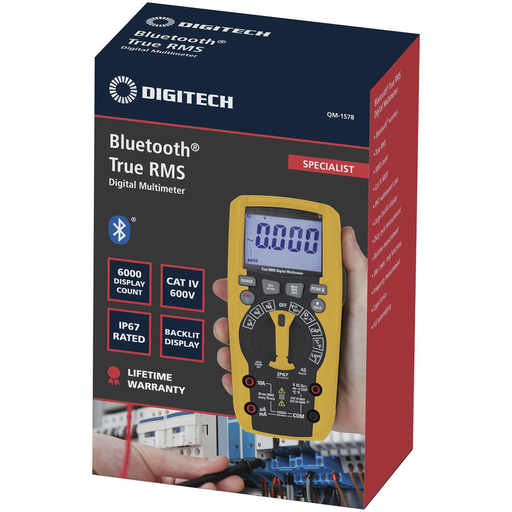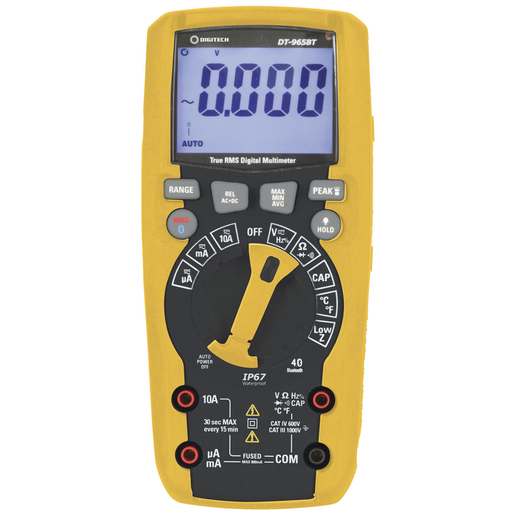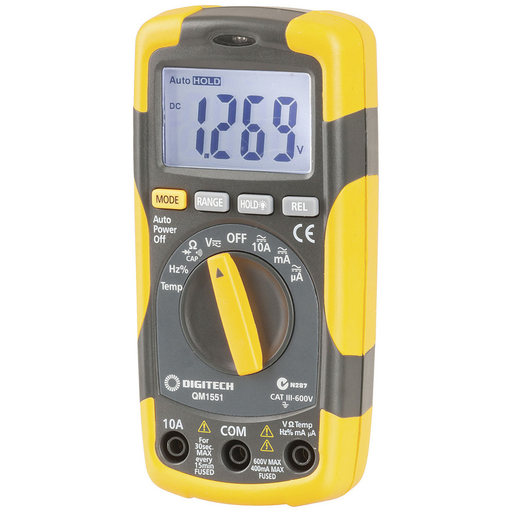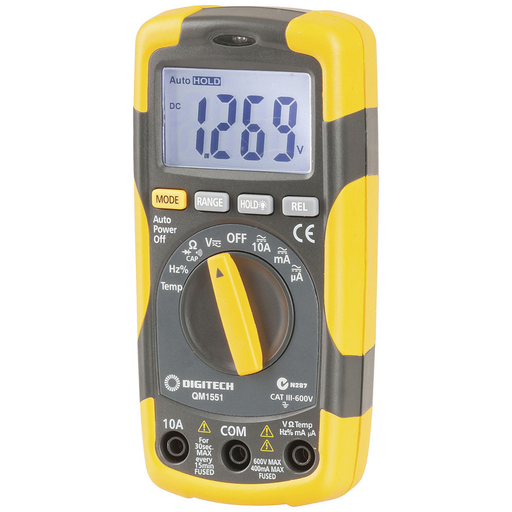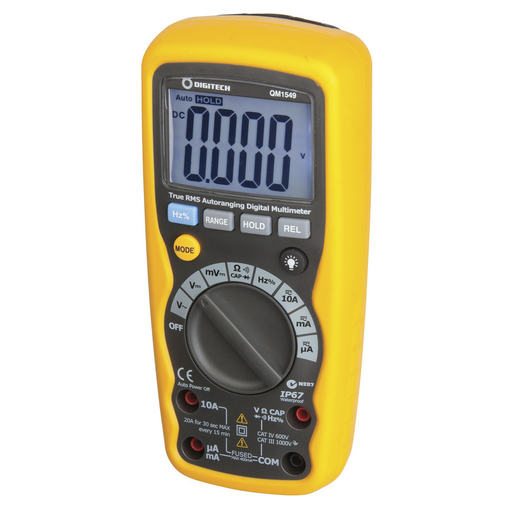A multimeter is an essential tool for anyone working with electrical circuits. It can measure voltage, current, resistance, and continuity, making it a valuable troubleshooting tool. Multimeters are relatively easy to use, but there are a few things to keep in mind when using one.
To measure voltage, simply attach the multimeter leads to the circuit and set the dial to the voltage setting. Most multimeters will have a range of settings, so make sure to select the one that matches the voltage you expect to find in the circuit. For example, if you're measuring household AC voltage, you'll want to use the appropriate voltage setting. Once the leads are attached and the dial is set, just read the number on the display.
To measure current, you'll need to attach the multimeter in series with the circuit. That means disconnecting one lead from whatever you're measuring and attaching it to one of the multimeter leads. Then do the same with the other lead. Once everything is hooked up properly, just set the dial to the current setting and read the display.
Measuring resistance is similar to measuring voltage; just attach the leads and set the dial accordingly. The main difference is that most resistance measurements are done in ohms (Ω), so you'll want to make sure your multimeter is set to that range. Once everything is hooked up, just read the display.
Continuity testing is a handy way to check for broken wires or bad connections. To do this, just touch both leads together; if they're properly connected, you should get a reading on the display indicating continuity. If there's no reading or if it's very low, that means there's a break in the connection somewhere.
Multimeters are useful tools that can help you troubleshoot all sorts of electrical problems. Just follow these simple guidelines and you'll be able to use one like a pro in no time!
Multimeters & Accessories
Achieve precise measurements with high-quality multimeters and essential accessories, designed for both professionals and DIY enthusiasts. Perfect for troubleshooting and testing, digital multimeters and analog multimeters provide accurate readings for voltage, current, resistance, and more. Enhance functionality with multimeter accessories, including test leads, probes, clamps, and protective cases, ensuring reliability and ease of use. Whether you're working on electrical systems, automotive diagnostics, or home projects, these tools deliver performance and durability.
Filters
A stunning example of multimeter performance, with a rugged waterproof case to boot! Full auto ranging with high accuracy 6000 count display, as ...
View full detailsA powerful true RMS multimeter that includes non-contact voltage testing, backlit LCD, and a carrying pouch. The rear of the unit has a foldout s...
View full detailsThis is an excellent true RMS multimeter that features a large, easily read display and carries an IP67 environmental rating. This means the mult...
View full details
